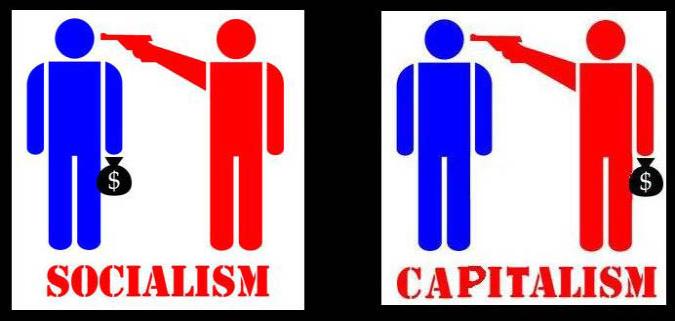 A client just left and I just have to tell you what she said.
A client just left and I just have to tell you what she said.
Elena (name changed) is a social worker. In 2005, she wanted to buy a house but couldn't afford one.
But then at work one day, she attended a presentation to the social workers by a representative of the quasi-governmental entity Fannie Mae. (Perhaps it was Freddie Mac; she wasn't sure.)
The presenter explained that the federal government wanted more minorities to own a home, so income, asset, and down payment requirements would be relaxed. It might only require 1% to 3% down--the borrower had almost no skin in the game.
Off the record, the presenter told the group that because banks want to stay on the right side of the government and because many banks package and resell their loans in bulk, lenders often weren't verifying income and employment.
Elena ran out and found a house she loved--for $470,000. She knew she couldn't really afford it but, if they weren't checking income and assets, she figured she'd lie on her loan application to ensure she got it: She claimed to earn more and have more savings than she really had. Her loan was approved, requiring just 5% down.
In 2006, the value of her home had increased and Elena took out a second mortgage to redo the kitchen and buy an SUV.
In late 2009, her house was worth $140,000 less than what she paid for it and she only had $35,000 of her money in it. So she simply stopped paying her mortgage, forestalled moving out as long as she could with coaching from a non-profit "homeowner's advocacy organization." Part of that was to start and drag out loan modification/renegotiations with the bank. In November, 2010, facing imminent foreclosure (the sheriff was going to take her keys,) she walked away from her debt and declared bankruptcy.
Elena came to me for career counseling because, "I need to make more money than I'm making as a social worker." Why? Because she wants to move from the apartment she's renting and buy another house!
No surprise, I told her I don't feel comfortable working with her.
The popular 2010 movie Inside Job blames the mortgage meltdown exclusively on bankers. Yes they share responsibility but despite it being politically incorrect, isn't it fairer and a crucial lesson to all Americans to describe the meltdown's causes more fairly: to add that Fannie/Freddie encouraged lending to unqualified borrowers, and that countless people knowingly bought more home than they could afford, often submitting fraudulent loan applications?
Hearing Elena's story makes me wonder whether greater good would accrue from replacing our government-run safety net. Perhaps it's just too hard for the government to develop and monitor a process that applies to 300,000,000 people without inordinate fraud, waste, and abuse.
Instead, building on a recent post, I'm wondering whether the many billions of dollars spent on the government safety net should be returned to the taxpayers tax-free if the taxpayer donates it to the charity of his or her choice. That way, the invisible hand of the market, millions of decisionmakers, would likely make wiser charitable choices and, in turn, provide a better safety net.
What do you think?


























